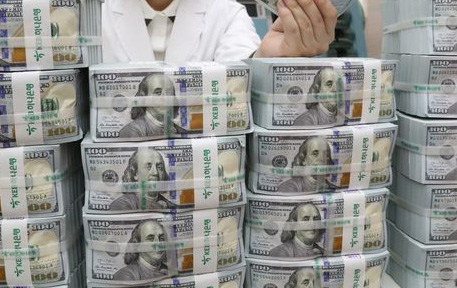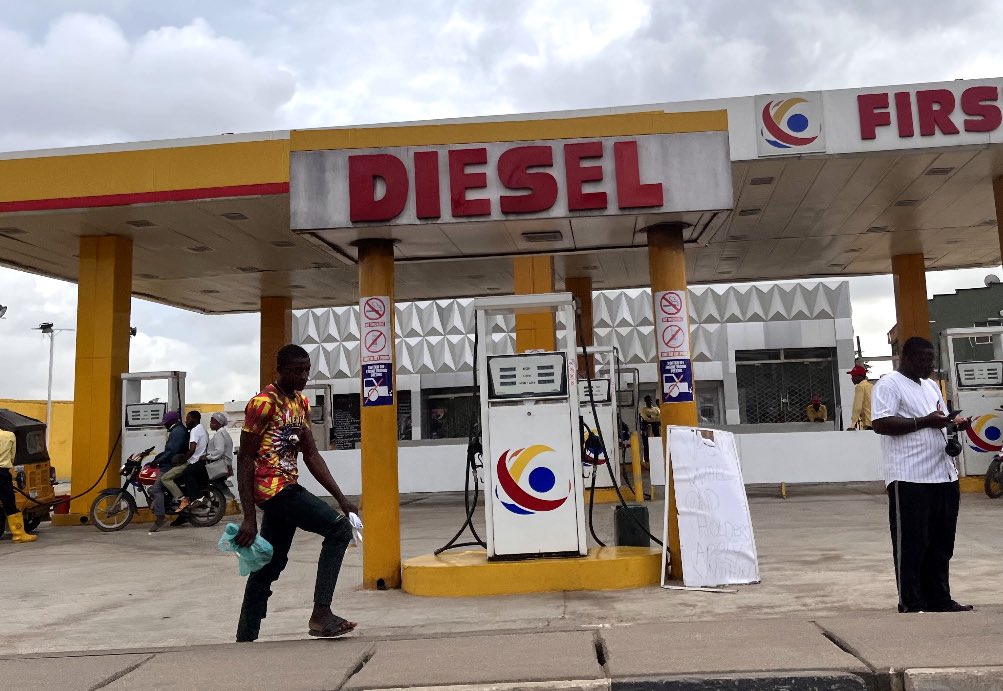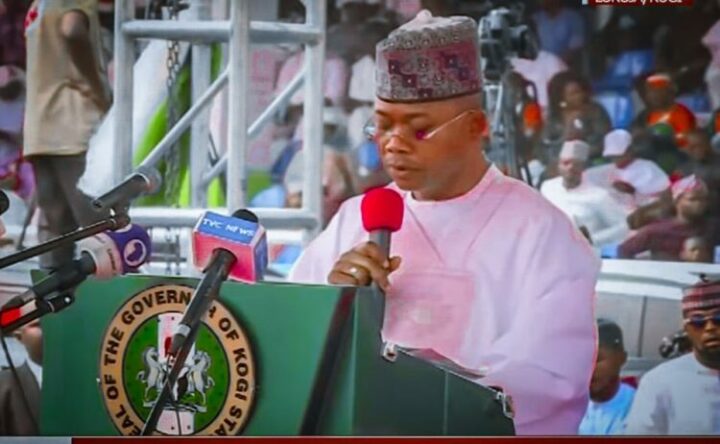On August 19, the federal government opened the $500 million domestic dollar bond for subscription at $1,000 per unit to interested investors.
According to the Debt Management Office (DMO), the offer has a five-year tenor, at an interest rate of 9.75 percent per annum.
DMO said the offer will close on August 30, while the settlement date is September 6.
“It is offered at 1,000 dollars per unit subject to a minimum subscription of 10,000 dollars (10 units), and in multiples of 1,000 dollars thereafter,” DMO said.
Advertisement
This means if you invest $10,000, you get $975 yearly as interest.
Below are 15 things to know about the domestic dollar bond.
1. The bond will be used to fund critical sectors of the economy to be approved by President Bola Tinubu on the recommendation of the minister of finance, and subject to appropriation by the national assembly.
Advertisement
2. The dollar bond is accessible to Nigerian residents, Nigerians with savings abroad, Nigerian diaspora, foreign and institutional investors, including pension fund administrators (PFAs).
3. No cash deposits, as payment shall only be made through the banking system and electronic transfers into the designated accounts.
4. To subscribe to the bond, the funds must have been in the domiciliary accounts for at least 30 days before the application date, which means the money must be in the account as of July 20, 2024.
5. An application form can be obtained through the DMO website or any of the issuing houses, financial advisers, and receiving banks to subscribe.
Advertisement
6. The target programme size is $2 billion and it is issued domestically, however, the first tranche or series is going out at $500 million — $1.5 million will be added later.
7. Principal and interest shall be fully repaid in dollars and in no event shall repayments be made in naira.
8. The principal will be repaid at the end of the tenor of the bond, while the coupons/interest will be
paid semi-annually i.e. every six (6) months.
9. Interest on the investment will begin to accrue from the issue/settlement date, following the
closure of the offer.
Advertisement
10. A bank verification number (BVN) and national identification number (NIN) are required for subscription — Nigerians in the diaspora can apply for both BVN and NIN if they do not have.
11. The Central Bank of Nigeria (CBN) has granted the bond a liquid asset status, which means cash on hand, cash on bank deposit, and assets that can quickly and easily be converted to cash.
Advertisement
12. Necessary approvals would be obtained to accommodate over-subscriptions. However, in the event of an over-subscription that is not later approved, excess funds will be refunded to the subscribers’ accounts from which the original subscription was made.
13. Income from investments in the dollar bond is exempt from companies’ income tax, personal income tax, and capital gains tax.
Advertisement
14. The difference between traditional naira-denominated bonds and domestic dollar bonds is that interest and principal payments are made in dollars.
15. Also, the difference between Eurobonds and domestic dollar bonds is the sizes of subscriptions, as Eurobonds are issued at large lot sizes (typically a minimum of $200,000) — and are listed on Euroclear — while domestic dollar bonds have a minimum of $10,000 which makes it more accessible for retail
investors and are listed on the Nigerian Exchange (NGX) Limited and FMDQ Securities Exchange.
Advertisement
Add a comment









